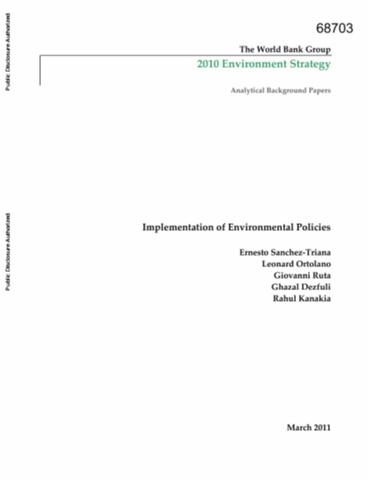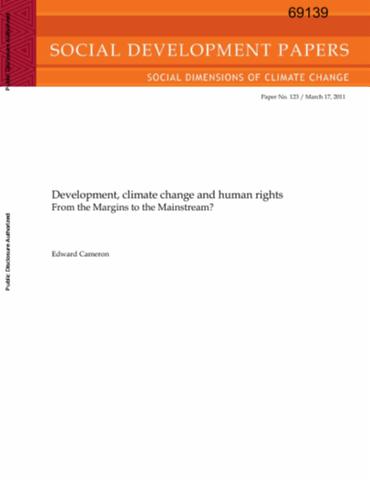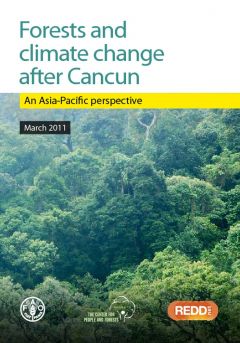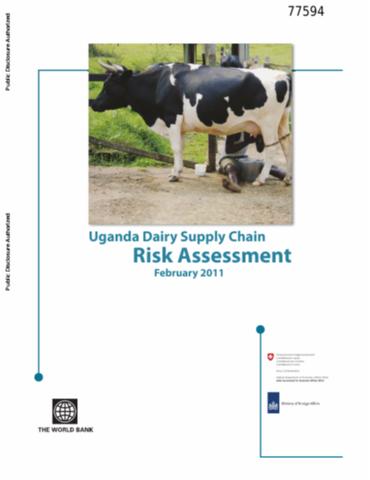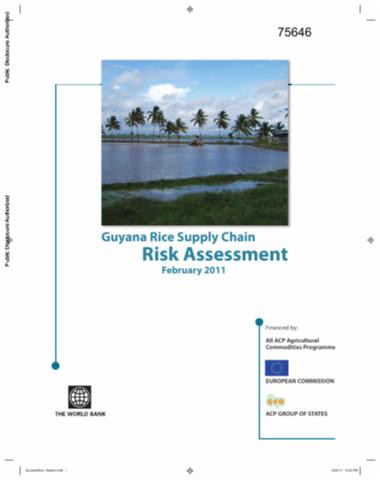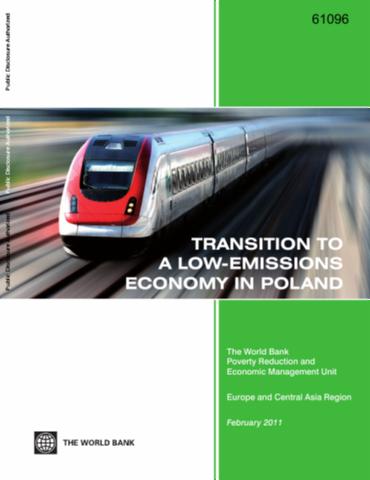Implementation of Environmental Policies
The Bank's environmental agenda has evolved gradually since the 1970s. During the 1970s and 1980s, the main focus was on mitigating the potential environmental damage associated with investment projects using environmental impact assessments (EIA). This approach was formalized in the Bank's environmental assessment (EA) requirements, which today consist of a set of individual environmental policies and procedures.

